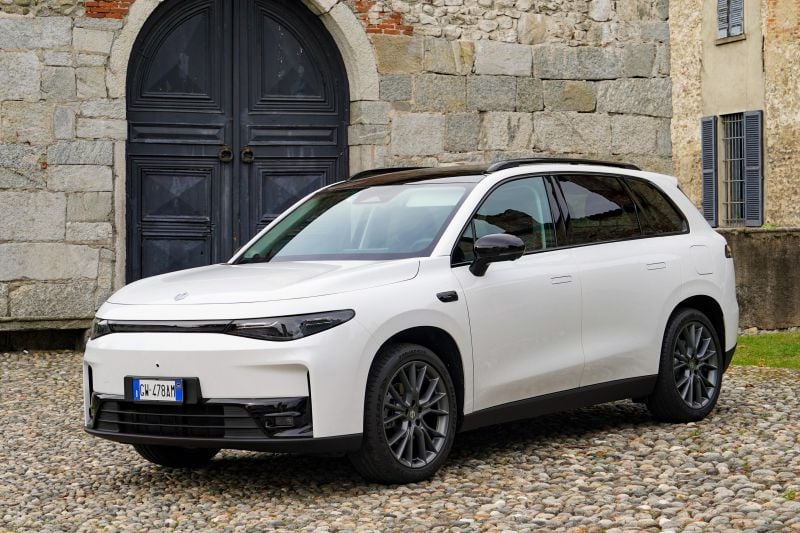Despite several of its compatriots heading down a new path in the electrified vehicle space, China’s Great Wall Motors (GWM) has made abundantly clear its disapproval of extended-range electric vehicles (EREVs).
As reported by Car News China, GWM president Mu Feng explicitly said “Great Wall Motors would rather die than make extended-range vehicles” – a sentiment echoed by company chairman Wei Jianjun at last week’s Shanghai motor show.
Also known as extended-range electric vehicle powertrains, EREV powertrains work by employing electric motors to drive the wheels, as in an EV, while an onboard internal combustion engine acts as a generator to charge the vehicle’s battery and add range.
According to Mr Wei, EREV technology served only as a transitional powertrain and did not align with GWM’s long-term development plans, through which it will reportedly focus on pure electric and hybrid technology instead.
That means GWM won’t follow the likes of Leapmotor, Deepal and BYD – or non-Chinese brands like Ram and Mazda – in developing EREVs.
Hundreds of new car deals are available through CarExpert right now. Get the experts on your side and score a great deal. Browse now.
According to Car News China, Mr Mu described EREVs as “pseudo-electric” and outlined several disadvantages described below:
- EREVs rely primarily on fossil fuels for energy
- EREVs have small batteries and limited electric range
- EREVs offer inferior fuel economy compared to hybrids
- EREVs deliver reduced overall performance than pure electric vehicles (EVs)
This view comes despite differing stances from not only GWM’s competitors, but also independent professionals within China. Chinese Academy of Engineering academician Yang Yusheng reportedly emphasised that EREVs were not transitional, and instead would be a key automotive technology of the future.
Car News China reports Mr Yang as predicting EREVs would account for one-third of Chinese vehicle sales by 2027, with the other two-thirds to be shared between EVs and combustion-powered vehicles.
By 2030, the share of EREVs and plug-in hybrids (PHEVs) is predicted to rise to 55 per cent, while EVs will stay around 30 per cent, and combustion vehicles will drop to 15 per cent.

In contrast, brands like Leapmotor are investing heavily in EREVs, with an extended-range version of its C10 mid-size electric SUV set for an imminent Australian launch. Leapmotor has even outlined that it wants to pioneer EREV tech locally, suggesting that “it’s a new version of a hybrid”.
BYD’s luxury subsidiary Yangwang also utilises EREV technology for cars like its U8 large SUV, while Deepal has the S09 EREV and could bring its Hunter K50 EREV ute to Australia, which would be the first EREV ute to be sold here.
As for brands outside of China, Ram could soon bring its 1500 Ramcharger dual-cab pickup to Australia instead of the all-electric 1500 REV model, stating it would be more suitable for local conditions.
Mazda has also given EREVs a go with its MX-30, but the small electrified SUV was sold only sold here in pure-electric and mild-hybrid forms. It was discontinued after nearly three years in the Australian market, with a total of 2297 examples sold.
In Australia, GWM’s electrified vehicle portfolio includes hybrid versions of the Tank 300 and Tank 500 off-road SUVs, the Cannon Alpha PHEV ute, and the Ora electric hatch. There are also hybrid versions of the Haval Jolion small SUV and the Haval H6 mid-size SUV, along with the H6 GT PHEV.
MORE: China’s Leapmotor wants to blaze a new trail in Australia with range-extender EV tech
MORE: China’s Deepal could be first to Australia with range-extender ute
MORE: Ram thinks range-extender pickup is a better fit for Aussies than EV
MORE: Everything GWM


